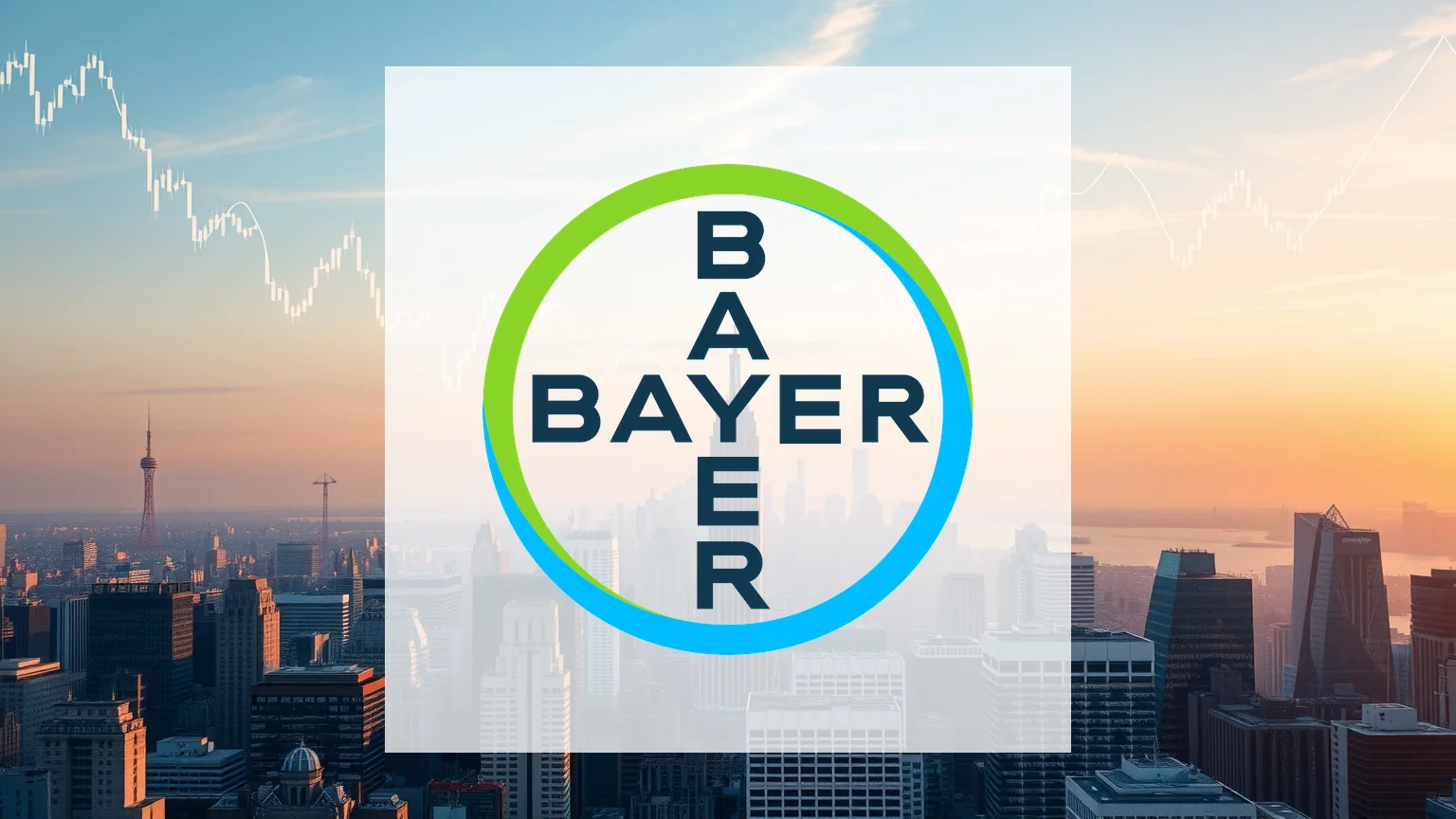A recent assessment from Fitch Ratings has presented Bayer investors with a complex picture. The agency’s decision to affirm the company’s ‘BBB’ rating with a stable outlook provides crucial support for its financing capabilities. However, the accompanying analysis delivers a stark evaluation of the company’s deep-seated structural challenges, raising a pivotal question for stakeholders: is the firm’s underlying business strength sufficient to overcome its substantial legacy burdens?
The Dual Nature of the Credit Review
Securing its position within the investment-grade bracket was a critical achievement for the DAX-listed conglomerate. Yet, this ostensibly positive development comes with a sobering reality check. Fitch’s report explicitly outlines three primary headwinds constraining the company’s progress:
- Elevated Debt Levels: A significant debt burden continues to weigh heavily on the corporate balance sheet.
- Persistent U.S. Litigation Risks: A continuous wave of lawsuits remains a constant and formidable threat.
- Eroding Cash Generation: Mounting restructuring expenses and substantial legal costs are consuming the company’s liquidity.
Fitch specifically highlighted that cash flow is being pressured by the elevated costs associated with Bayer’s ongoing corporate overhaul and the relentless financial demands of its legal battles.
A Tale of Two Strengths
The fundamental tension at the heart of Bayer’s investment thesis is becoming increasingly clear. On one hand, analysts at Fitch acknowledged the enterprise’s formidable market standing, the competitive advantages derived from its scale, and its well-diversified operations across the life sciences sector. Conversely, the weight of its financial and legal legacy issues is almost entirely neutralizing these robust operational advantages.
Should investors sell immediately? Or is it worth buying Bayer?
In a simultaneous development that underscores this dichotomy, the agricultural division demonstrated formal stability through the successful annual general meeting of its Indian subsidiary, Bayer CropScience Ltd. This presents a key consideration for the market: can the strength of these core business units generate enough momentum to carry the conglomerate’s extensive liabilities?
The Investor’s Perspective
For now, the verdict from Fitch ensures Bayer maintains access to favorable financing conditions, thereby averting any immediate liquidity crisis. Nevertheless, the agency’s assessment paints a portrait of a global giant held captive by the challenges of its past.
Market sentiment appears to reflect this cautious outlook. The company’s shares currently trade approximately 8% below their peak from the last 52 weeks, suggesting that investors have already priced in the ongoing pressures. The central uncertainty that remains is whether Bayer can execute a successful turnaround before it must confront its next significant challenge.
Ad
Bayer Stock: Buy or Sell?! New Bayer Analysis from February 7 delivers the answer:
The latest Bayer figures speak for themselves: Urgent action needed for Bayer investors. Is it worth buying or should you sell? Find out what to do now in the current free analysis from February 7.
Bayer: Buy or sell? Read more here...













